India doctors' strike: rape and murder of student triggers widespread protests
Nationwide outrage at a brutal attack on a female medical student raises familiar problems for country
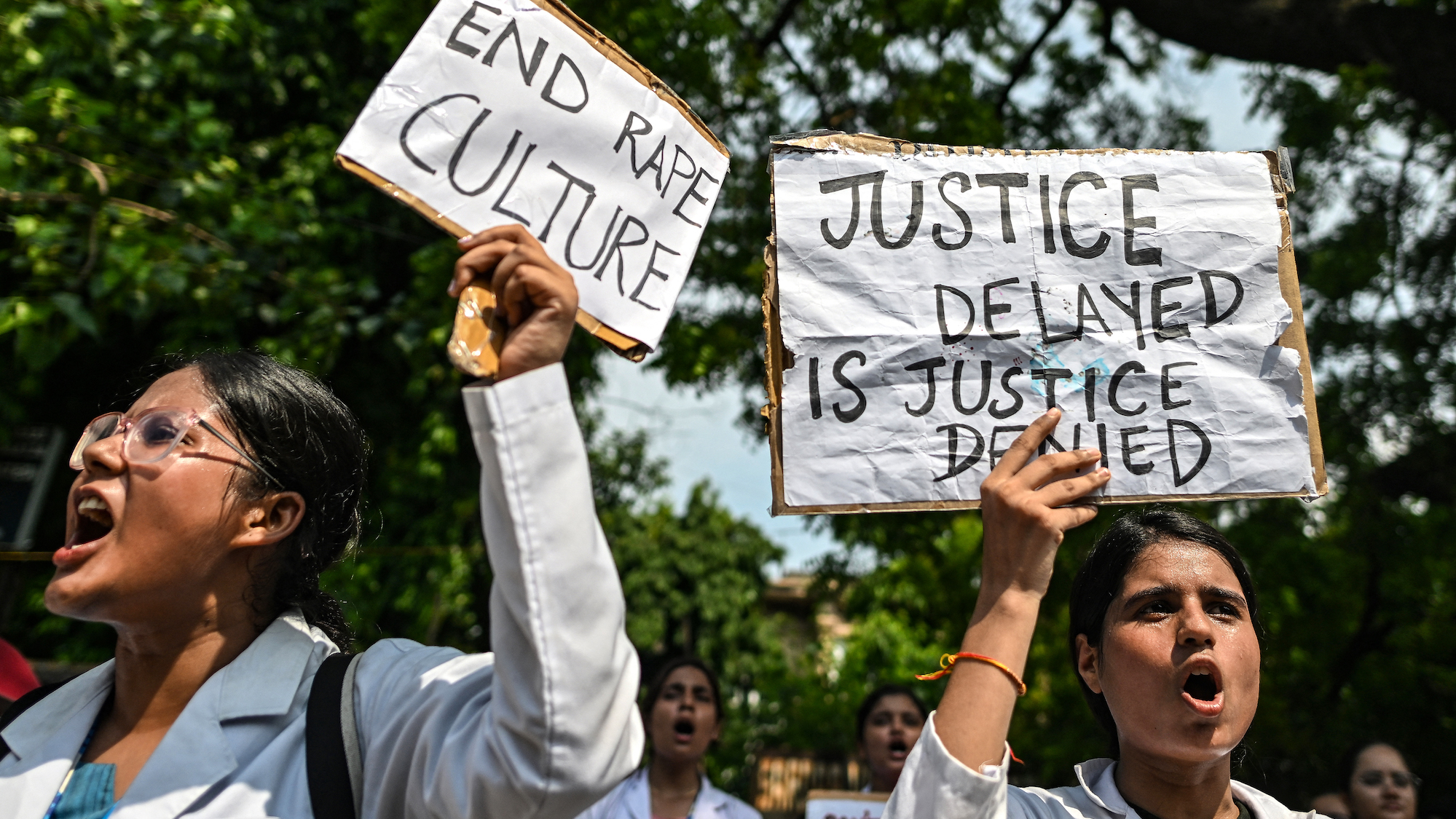
A free daily email with the biggest news stories of the day – and the best features from TheWeek.com
You are now subscribed
Your newsletter sign-up was successful
India's Supreme Court has set up a national task force to ensure the safety of medical workers after days of protests by junior doctors following the rape and murder of a medical student in a hospital earlier this month.
The task force will consist of a doctors' panel that will "frame guidelines for ensuring safety and protection" for healthcare workers throughout India, said AP.
The killing of the 31-year-old trainee doctor "sparked outrage and nationwide protests", and many junior doctors refused to treat non-emergency patients until "authorities conduct a thorough inquiry and make arrests" within a 72-hour deadline.
The Week
Escape your echo chamber. Get the facts behind the news, plus analysis from multiple perspectives.

Sign up for The Week's Free Newsletters
From our morning news briefing to a weekly Good News Newsletter, get the best of The Week delivered directly to your inbox.
From our morning news briefing to a weekly Good News Newsletter, get the best of The Week delivered directly to your inbox.
What happened?
The body of the medical student, a member of staff at the state-run RG Kar Medical College in Kolkata, was discovered in a lecture hall in the hospital on the morning of 9 August. She had reportedly "settled down for a nap" there having worked "nearly 20 hours of a 36-hour shift" in the hospital, said The Independent.
It was there that she was attacked and murdered before being found the next day. Authorities subsequently detained a "police volunteer", who was working at the hospital, in connection with the attack, however the "victim's family alleges more people were involved".
The Central Bureau of Investigation (CBI), India's federal crime unit, was handed the case after the Kolkata High Court "intervened", said Sky News. The court deemed local police "incompetent in handling the case", and the CBI later took a 31-year-old man into custody.
The crime instigated "furious protests in several cities" across India, many of which were "led by doctors and other healthcare workers" but they were joined by "tens of thousands of ordinary Indians demanding action", said France 24.
A free daily email with the biggest news stories of the day – and the best features from TheWeek.com
The Indian Medical Association (IMA) initially "escalated" the strikes and "withdrawal of services" for 24 hours on Saturday, with medical staff in state and private healthcare taking part. Around "a million doctors" took part in the walk-out, said the Independent, the "largest in the country in over a decade". A number of smaller strikes continued into the start of this week.
What are the protesters demanding?
As well as demanding "swift justice" for their colleague, the protesting doctors want better nationwide "security protocols" in hospitals to protect staff, with 60% of doctors in India being women, said Al Jazeera.
A bad working environment for female medical workers is not a new issue in India, and some doctors say conditions are so bad in some hospitals that they are "contemplating leaving the profession", said the i news site. At the RG Kar hospital, there are "no separate toilets and changing rooms for female staff" and staff face continual "infrastructure woes and safety issues", a nursing student told the site.
The IMA said the poor infrastructure was key in the attack being able to take place, with a "lack of safe spaces to rest" after long shifts for female doctors. It called for an "overhaul" of "working and living conditions" for doctors at Indian hospitals.
Key to that is the "implementation of the Central Protection Act", said France 24, a government bill to "protect healthcare workers from violence", which the IMA said should include mandatory security protocols at all hospitals that are "no less than an airport".
The new task force created by the Supreme Court will consider effective safety measures, including "separate resting rooms for female staff, adequate lighting across the campus, CCTV coverage", as well as "quarterly safety audits", said Reuters.
What will the government do?
Nationwide outrage at a brutal attack on a woman is a situation with which India is familiar. This month's case is a "sad reminder" of the gang rape and murder of a female student on a bus in Delhi 12 years ago – a crime that created "fury and anger" and triggered protests across India, said Sky News.
It was a case that became a "symbol of socially conservative India's failure to tackle sexual violence against women", said France 24, and in response, and "under pressure" the government enacted tougher laws and harsher punishments for offenders, as well as fast-tracking cases through the courts.
But statistics show there has been "little change on the ground", said Sky News, with rape cases increasing and conviction rates falling.
Indian Prime Minister Narendra Modi promised to hand out "tough punishment" to the "perpetrators of sexual crimes", said the Financial Times. But some women's groups say he has made similar promises since taking power in 2014, but has done "too little to address widespread gender violence".
Richard Windsor is a freelance writer for The Week Digital. He began his journalism career writing about politics and sport while studying at the University of Southampton. He then worked across various football publications before specialising in cycling for almost nine years, covering major races including the Tour de France and interviewing some of the sport’s top riders. He led Cycling Weekly’s digital platforms as editor for seven of those years, helping to transform the publication into the UK’s largest cycling website. He now works as a freelance writer, editor and consultant.
-
 Switzerland could vote to cap its population
Switzerland could vote to cap its populationUnder the Radar Swiss People’s Party proposes referendum on radical anti-immigration measure to limit residents to 10 million
-
 Political cartoons for February 15
Political cartoons for February 15Cartoons Sunday's political cartoons include political ventriloquism, Europe in the middle, and more
-
 The broken water companies failing England and Wales
The broken water companies failing England and WalesExplainer With rising bills, deteriorating river health and a lack of investment, regulators face an uphill battle to stabilise the industry
-
 Why have homicide rates reportedly plummeted in the last year?
Why have homicide rates reportedly plummeted in the last year?Today’s Big Question There could be more to the story than politics
-
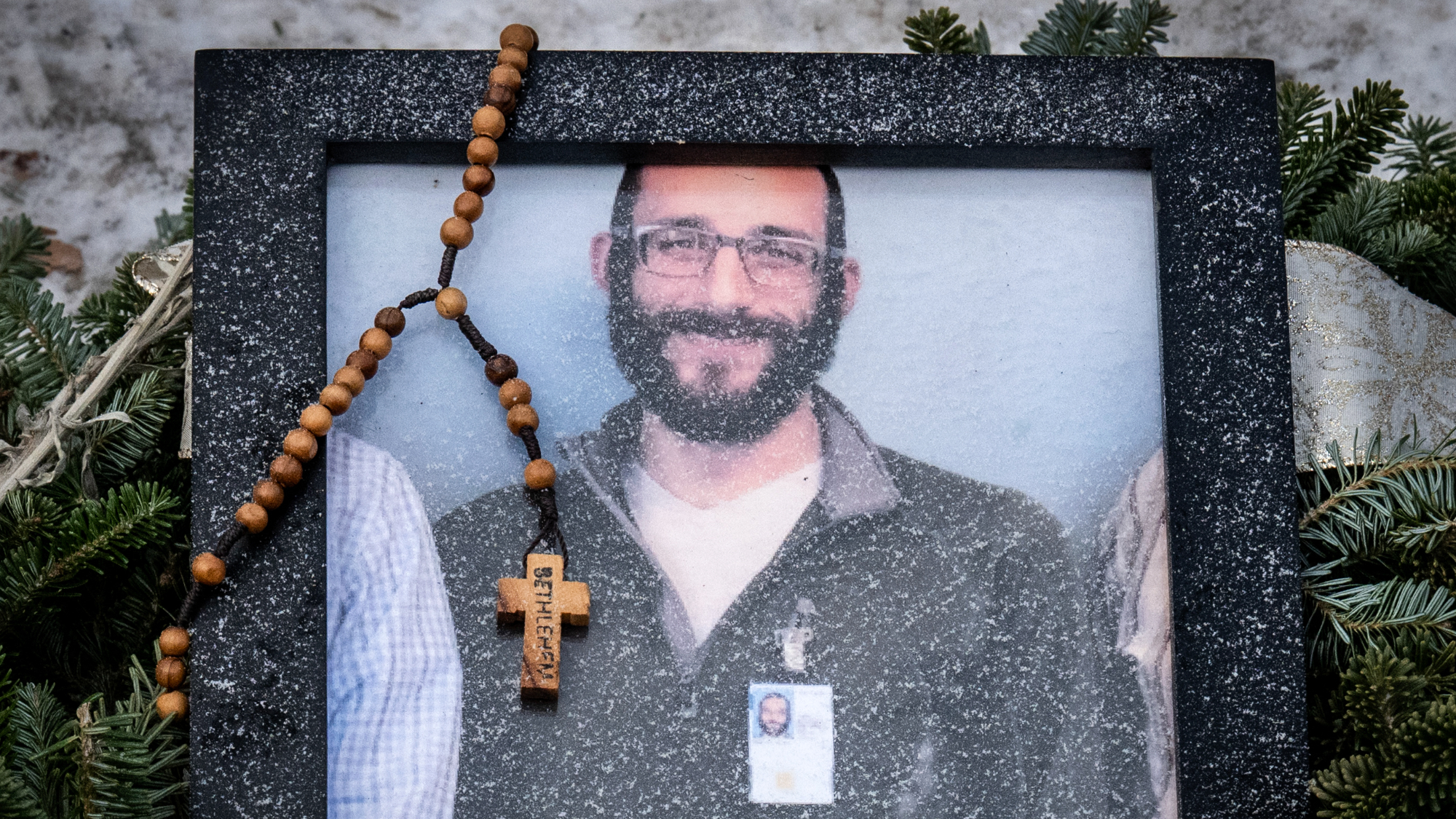 Demands for accountability mount in Alex Pretti killing
Demands for accountability mount in Alex Pretti killingSpeed Read Pretti was shot numerous times by an ICE agent in Minneapolis
-
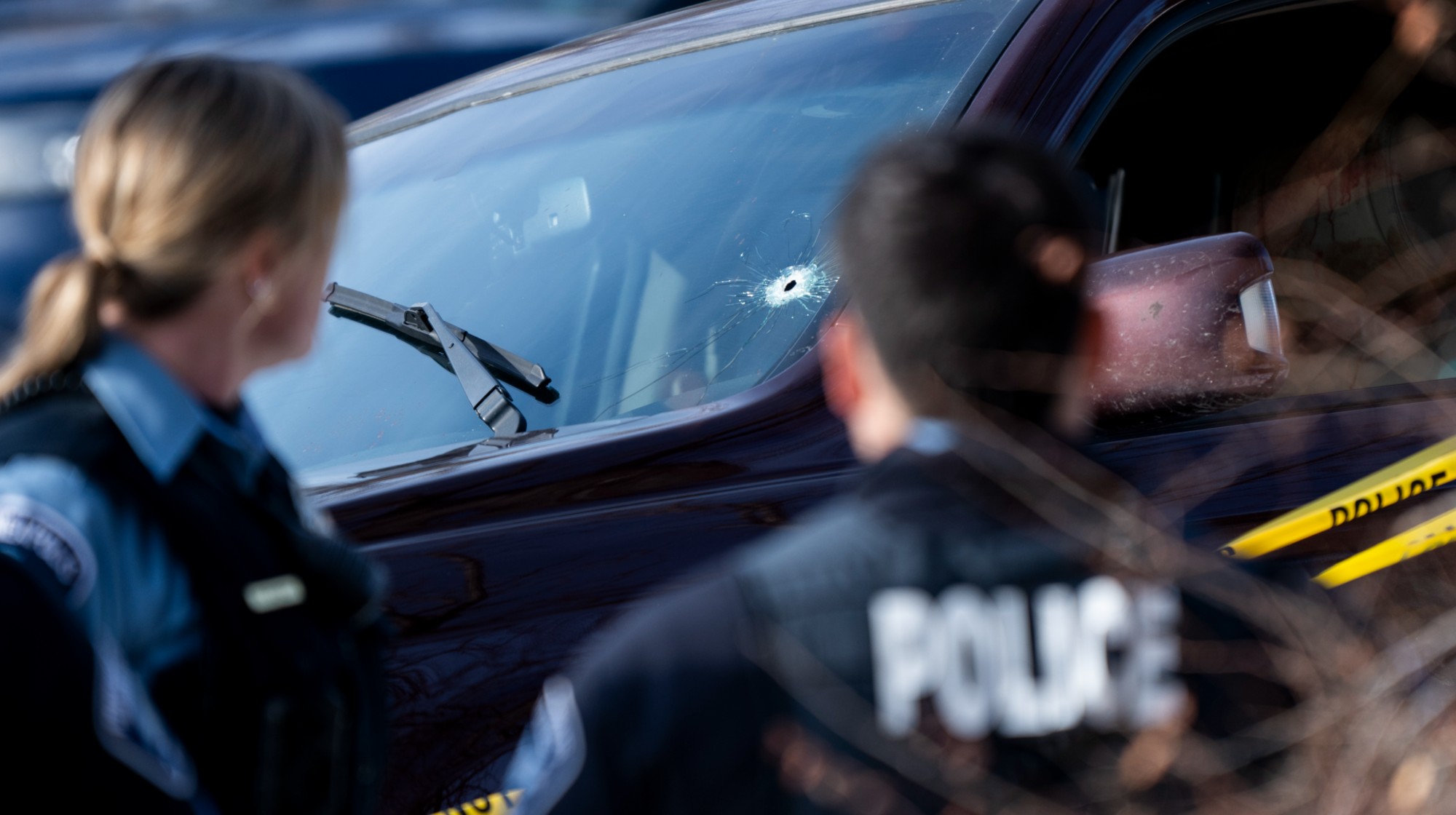 FBI bars Minnesota from ICE killing investigation
FBI bars Minnesota from ICE killing investigationSpeed Read The FBI had initially agreed to work with local officials
-
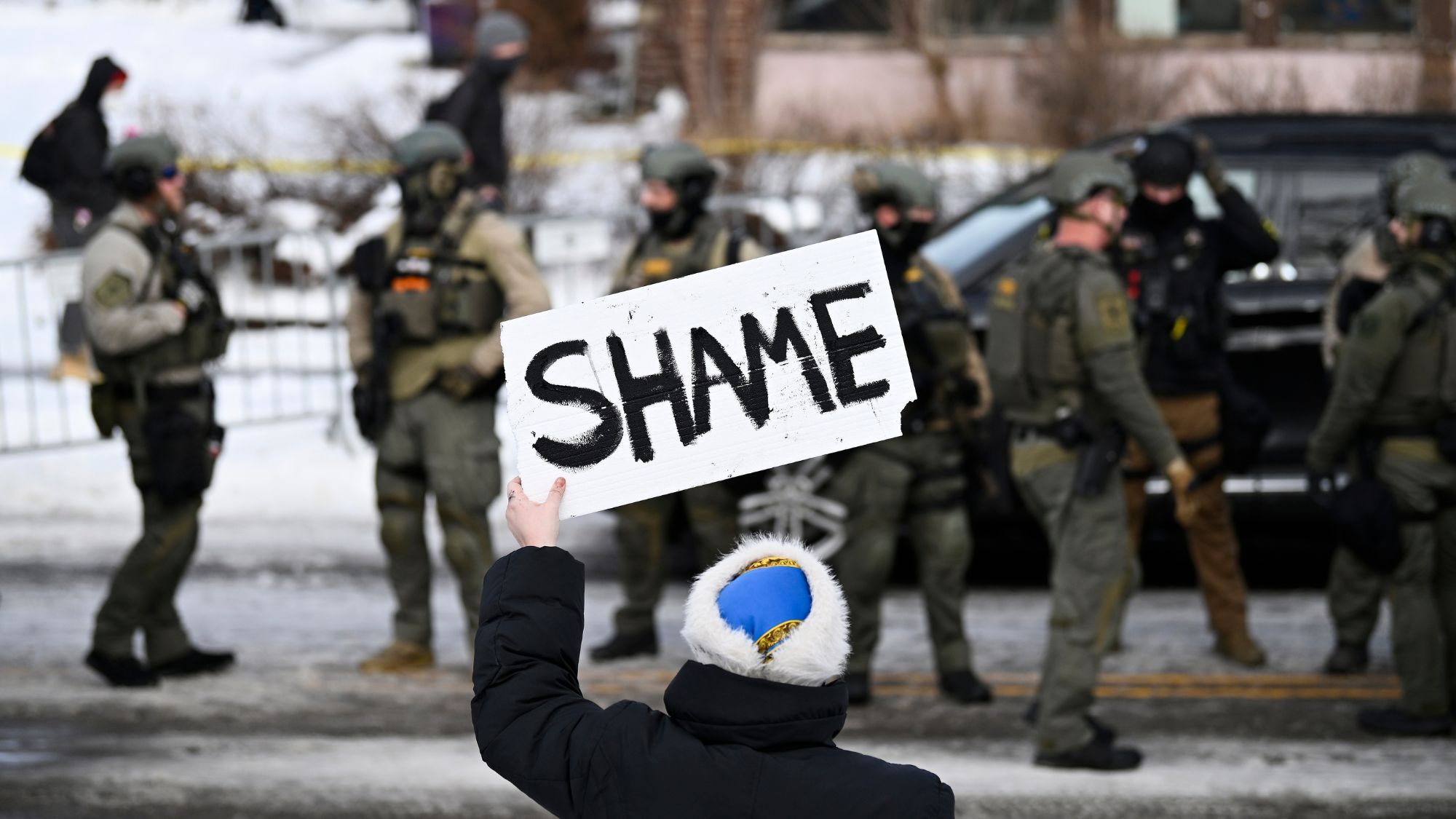 ICE kills woman during Minneapolis protest
ICE kills woman during Minneapolis protestSpeed Read The 37-year-old woman appeared to be driving away when she was shot
-
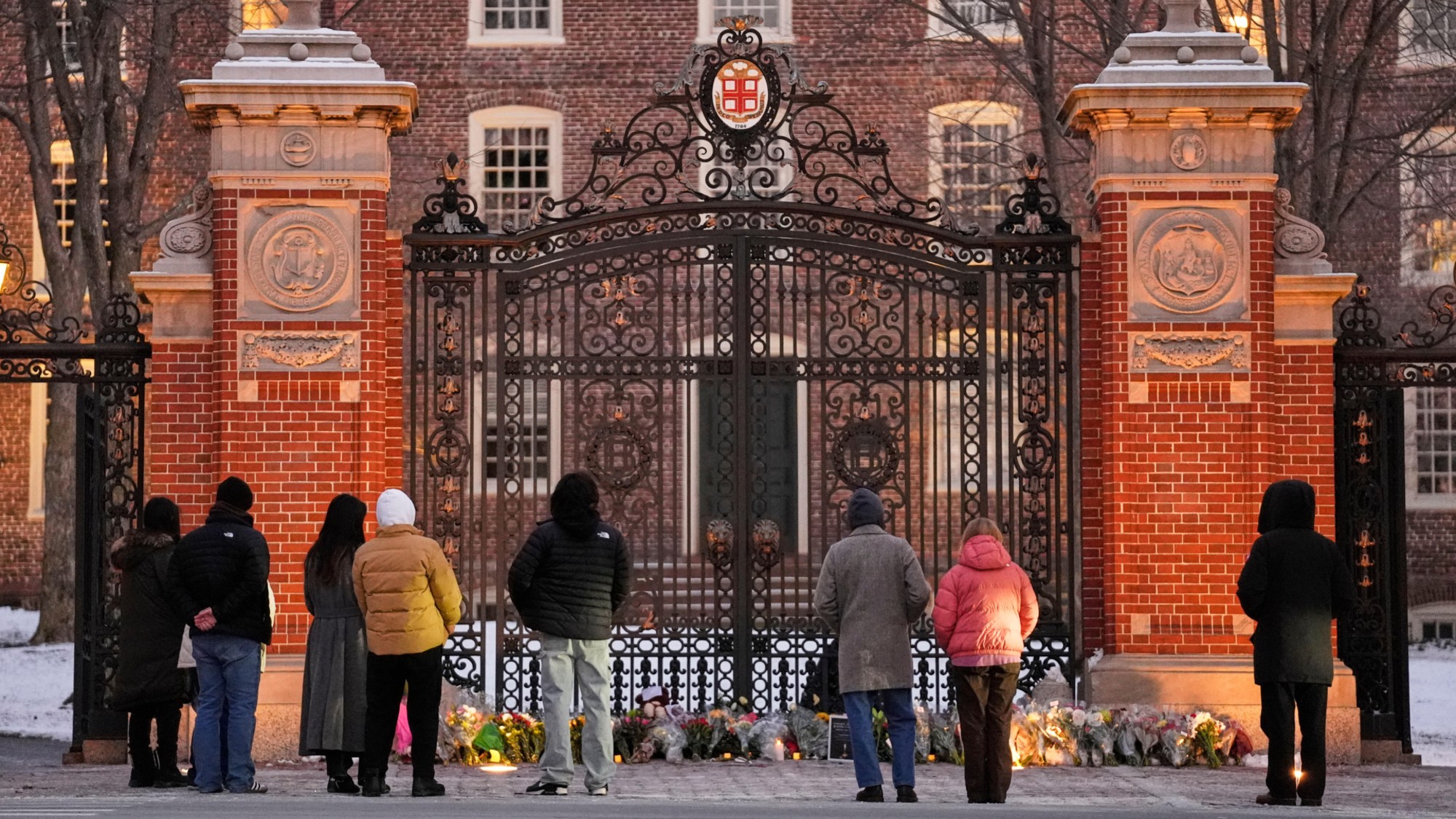 Campus security is under scrutiny again after the Brown shooting
Campus security is under scrutiny again after the Brown shootingTalking Points Questions surround a federal law called the Clery Act
-
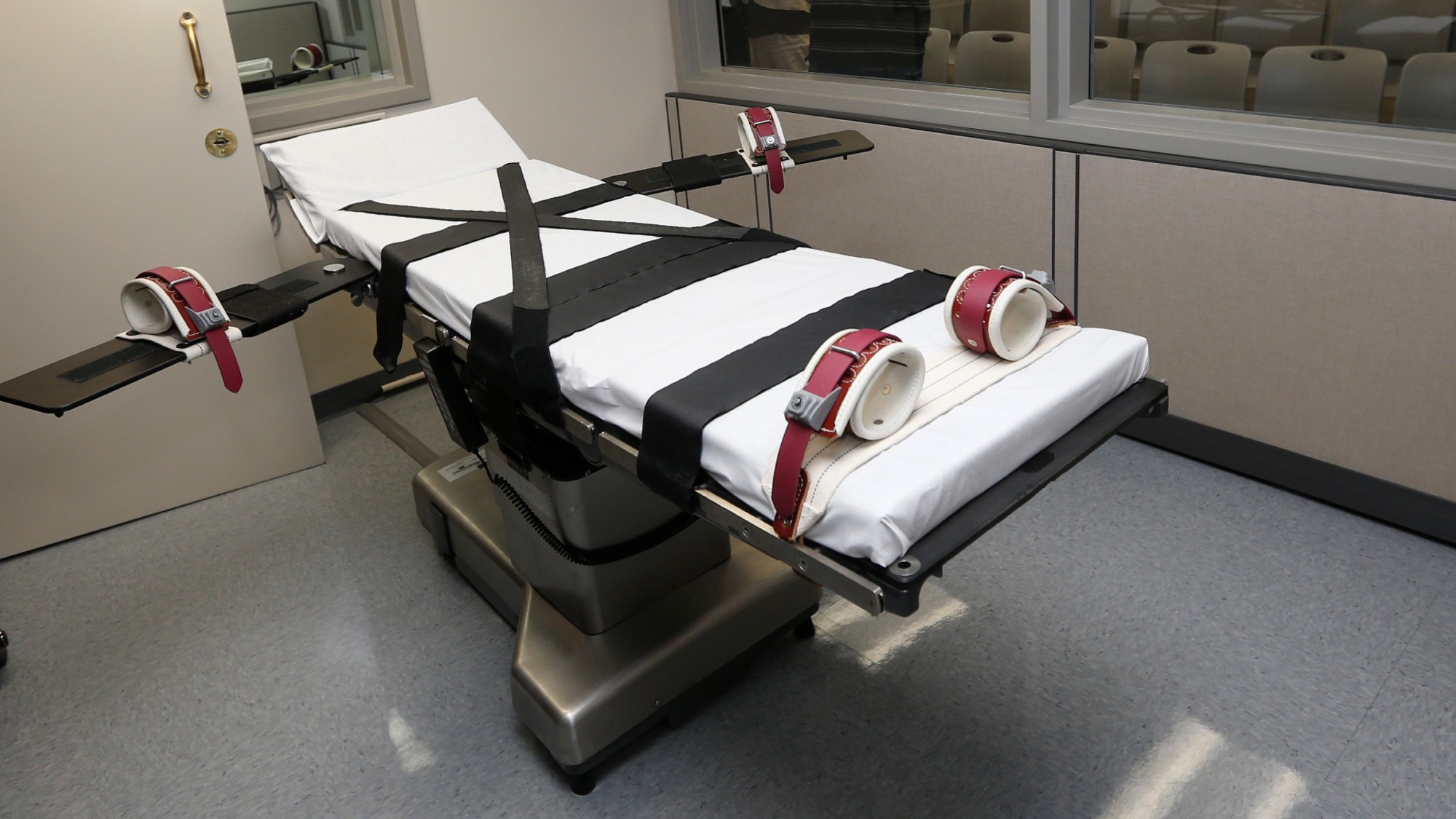 Executions are on the rise in the US after years of decline
Executions are on the rise in the US after years of declineThe Explainer This year has brought the highest number of executions in a decade
-
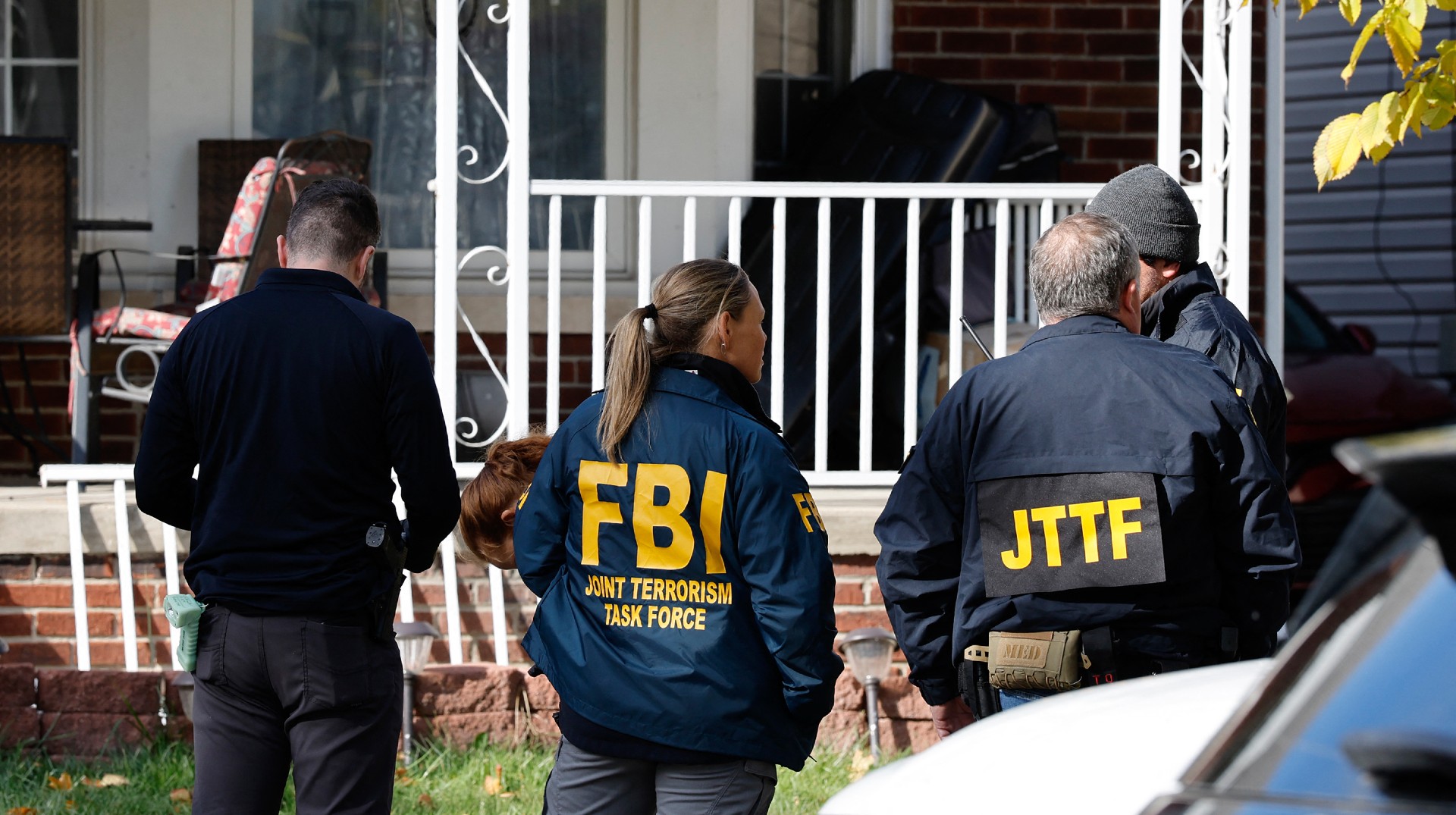 Two men accused of plotting LGBTQ+ attacks
Two men accused of plotting LGBTQ+ attacksSpeed Read The men were arrested alongside an unidentified minor
-
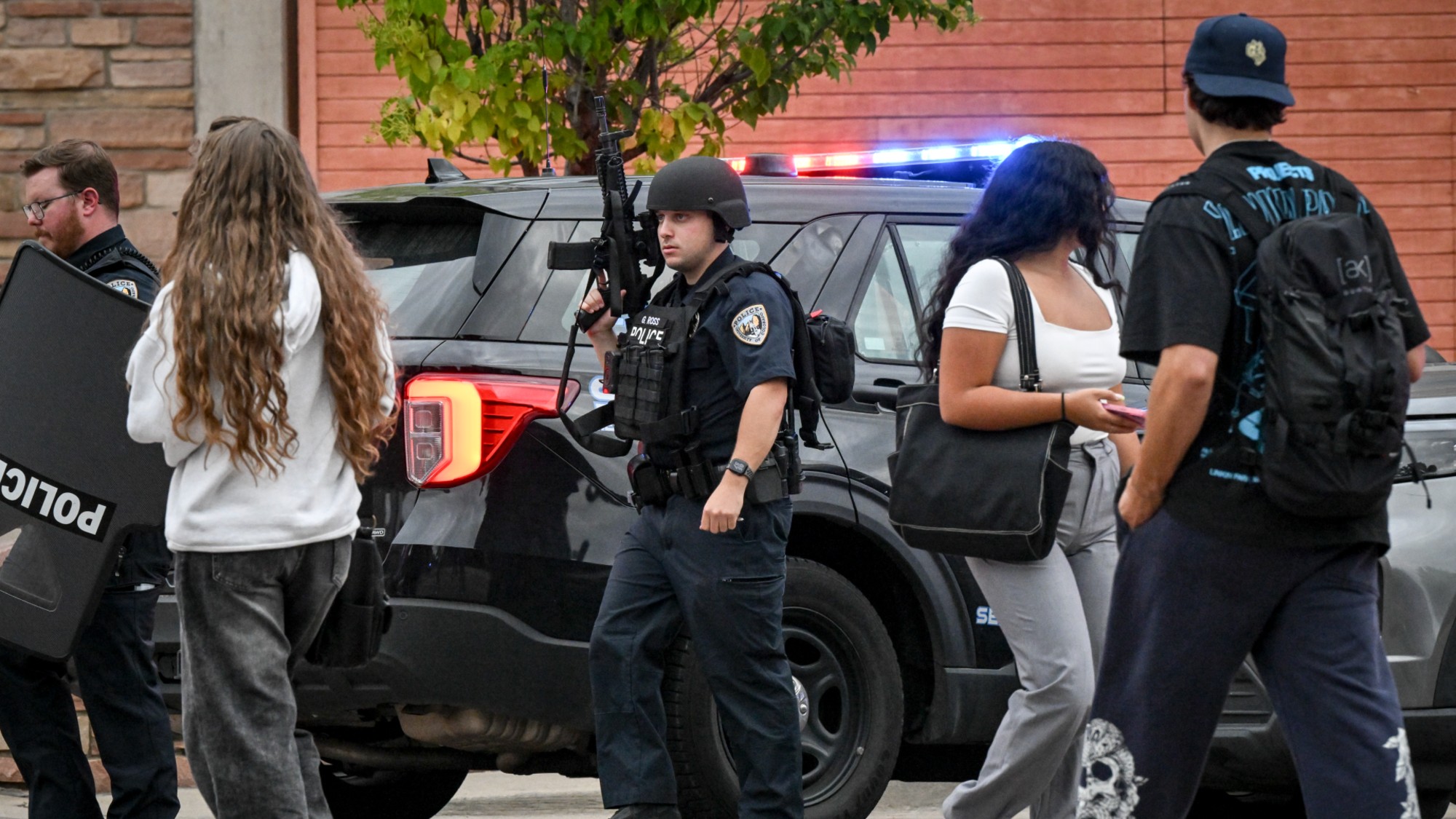 Colleges are being overwhelmed with active shooter hoaxes
Colleges are being overwhelmed with active shooter hoaxesIn the Spotlight More than a dozen colleges have reported active shooter prank calls